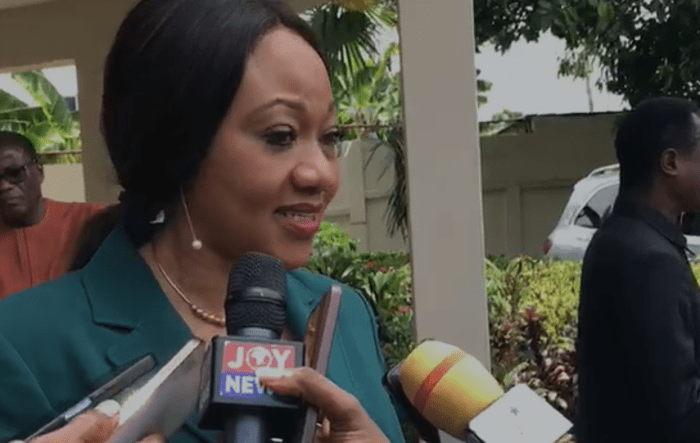With a mandate to ensure free and fair elections, the Electoral Commission (EC) faces the steep challenge of regaining public trust, and Prof. Baffour Agyeman-Duah believes transparency is key.
In an interview on PM Express on Tuesday, the former senior UN Governance Advisor discussed actionable steps the EC could take to regain legitimacy and trust, following Afrobarometer’s revealing data on institutional mistrust.
His comments follow Afrobarometer’s findings, which show a concerning dip in public trust toward the EC and a perception that opposition grievances are not adequately addressed.
With 40 days remaining until the 2024 elections, the EC has become one of the least trusted public institutions in Ghana. The latest Afrobarometer survey reveals a rising public perception of the EC as corrupt.
Despite the EC’s responsibility to organize the December 7 elections in a fair, impartial, and transparent manner, only 28% of respondents expressed trust in the Commission. This marks a significant decline from the 59% trust level it enjoyed in 2012. In 2022, public trust stood at 33%, but it has now declined further to 28%.
“Perhaps the Commission, with the few weeks left, can make it up in some way,” Prof. Agyeman-Duah suggested, acknowledging the difficulty of the task.
He cited recent EC reforms as positive moves, particularly measures allowing regional centers to count presidential ballots independently.
“Now that presidential ballots are counted at the regional level, anybody can monitor from the regions and get to know who won,” he explained, noting that this counters perceptions of biased tallying in specific “strongholds.”
Prof. Agyeman-Duah called on civil society and political parties to actively support the EC’s monitoring initiatives, which he views as critical to maintaining transparency.
“When I say the EC needs to be supported, it doesn’t mean we should throw our full weight behind them for whatever they do,” he clarified. “Civil society, like CDD-Ghana, and the party monitors at the various centers need to be there, especially now that we are counting at regional stations,” emphasizing the role of collective oversight in restoring public faith in the electoral process.
He also stressed the need for openness from polling stations to regional centers.
“If we all cooperate and do our part…then you can predict the outcomes even before the EC announces them.”
Prof. Agyeman-Duah’s appeal underscores the importance of transparency and accountability from both the EC and its stakeholders in rebuilding public trust.




